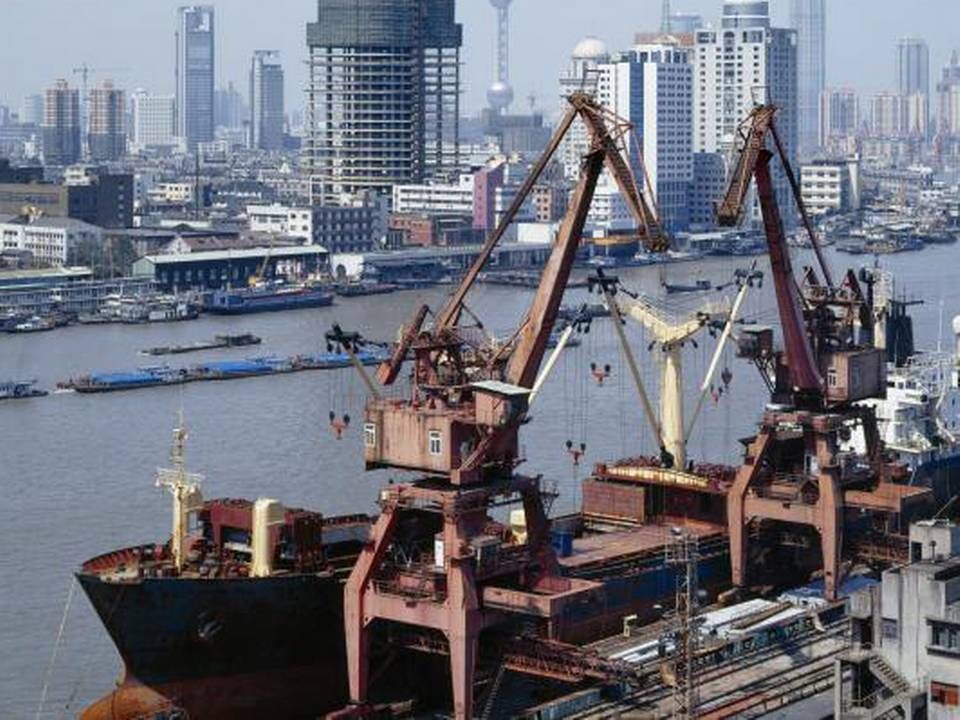Bimco: Shipping stays clear of Chinese currency slash

The Chinese government has performed three devaluations in a row of about 10 percent of the Chinese currency Yuan. This happens in the midst of growing concerns about whether the Chinese growth engine can keep up steam.
Read the whole article
Get access for 7 days for free. No credit card is needed, and you will not be automatically signed up for a paid subscription after the free trial.
With your free trial you get:
Get full access for you and your coworkers
Start a free company trial todayRelated articles
China shocks with new devaluation Wednesday
For subscribers
Big halt in China's export in July
For subscribers
Media: Chinese container merger imminent
For subscribers





















